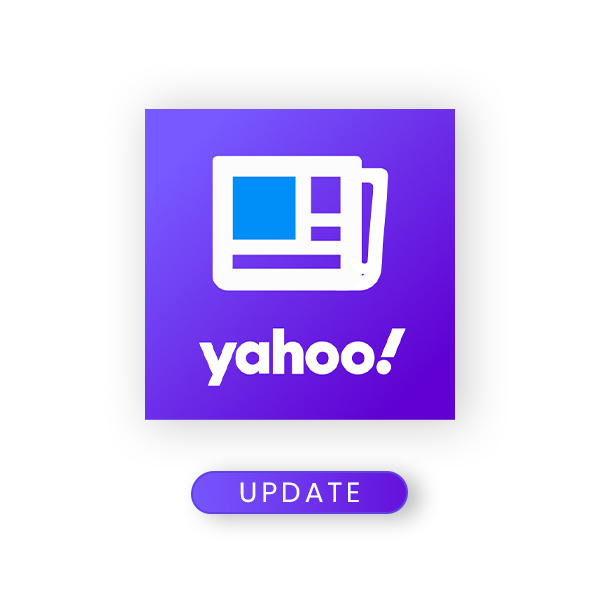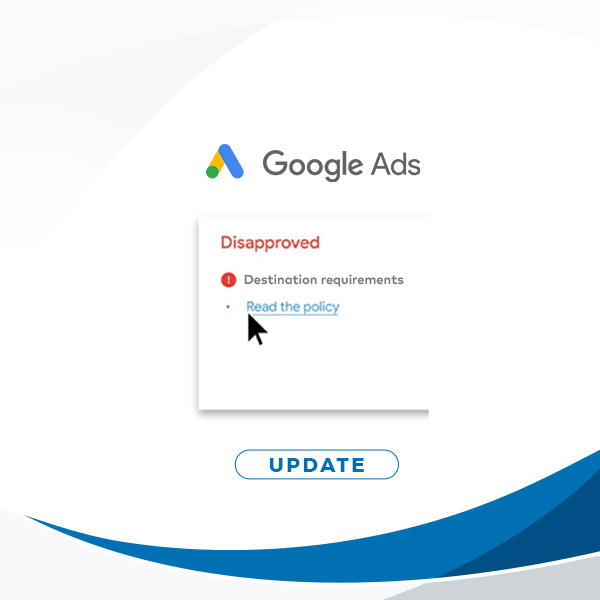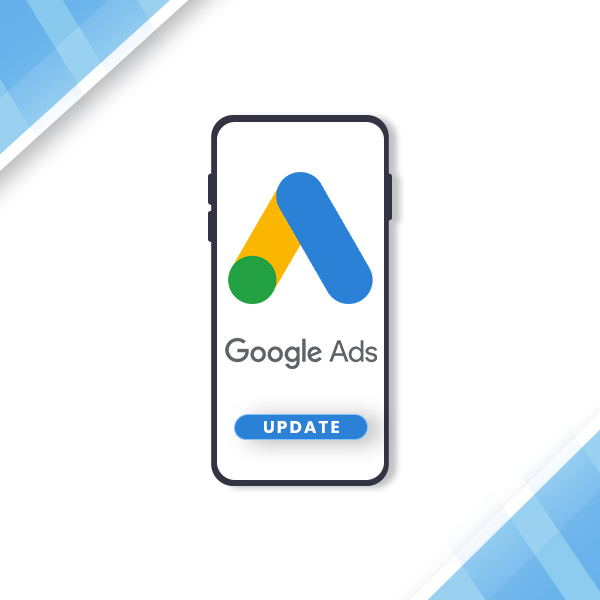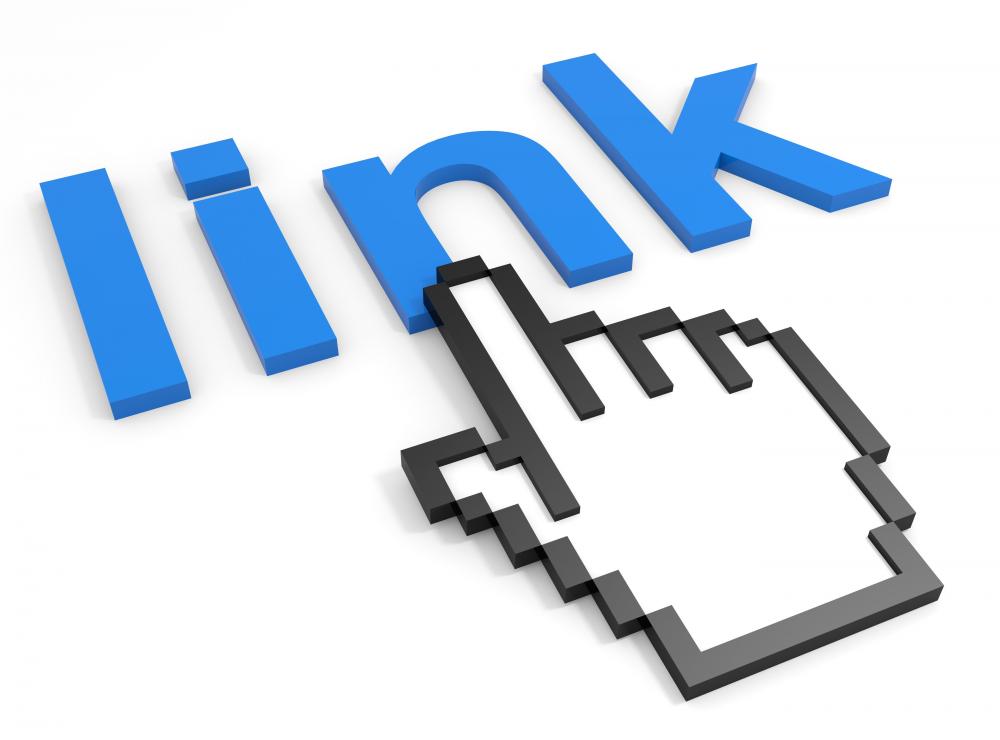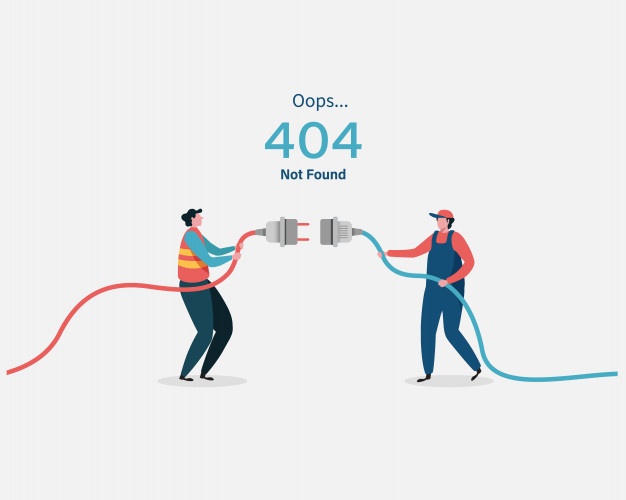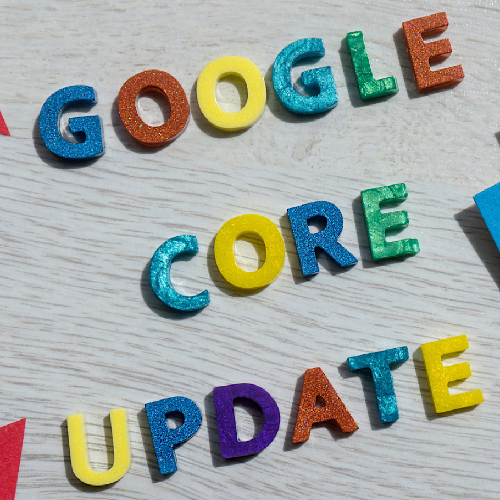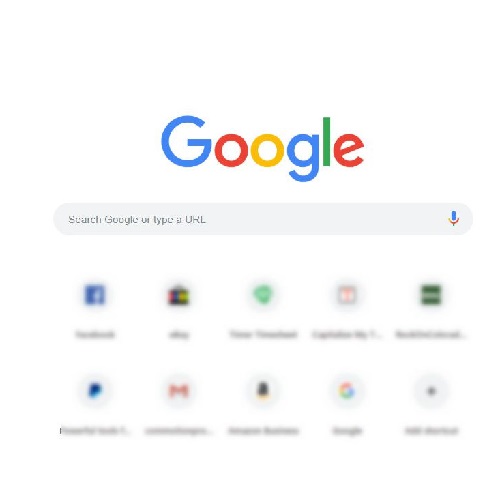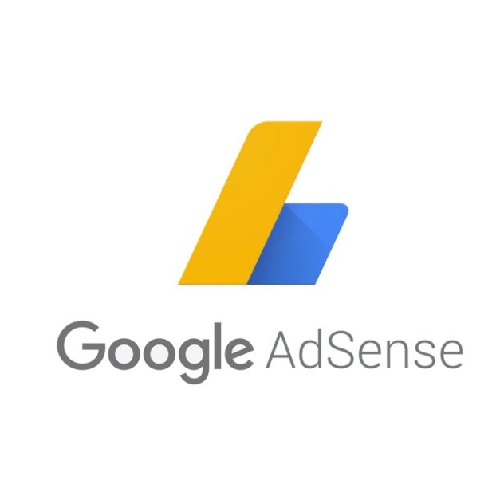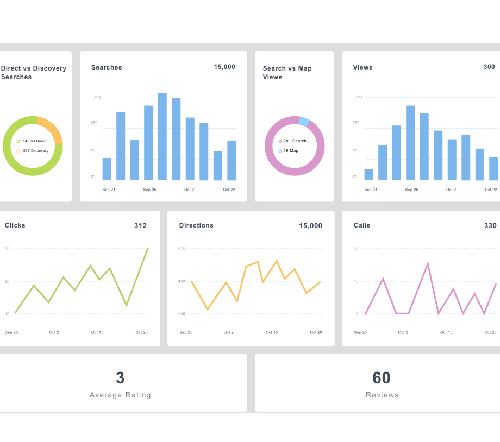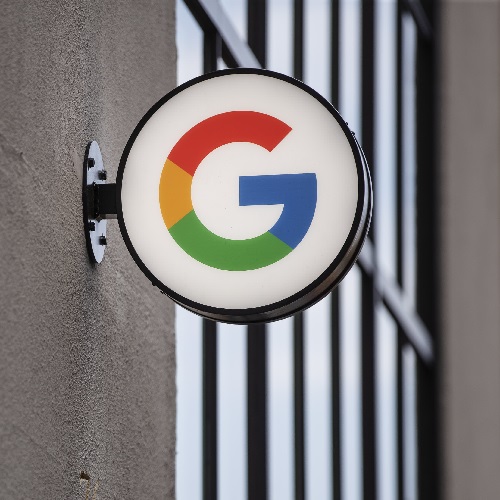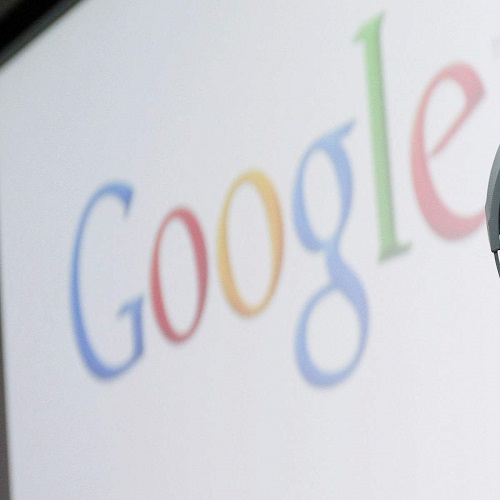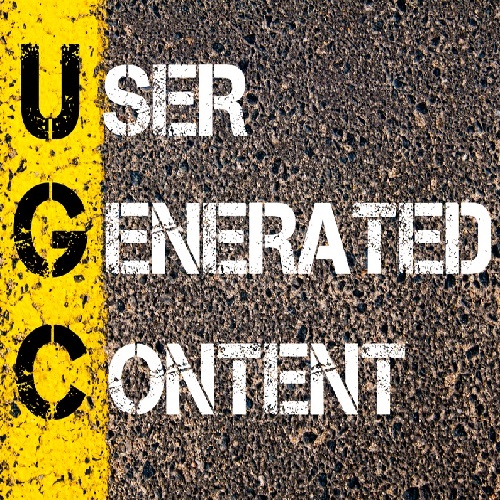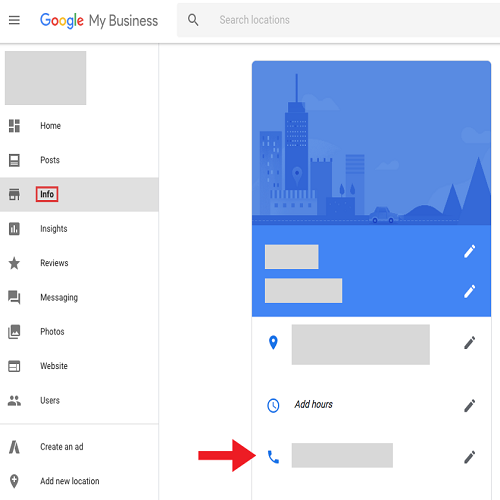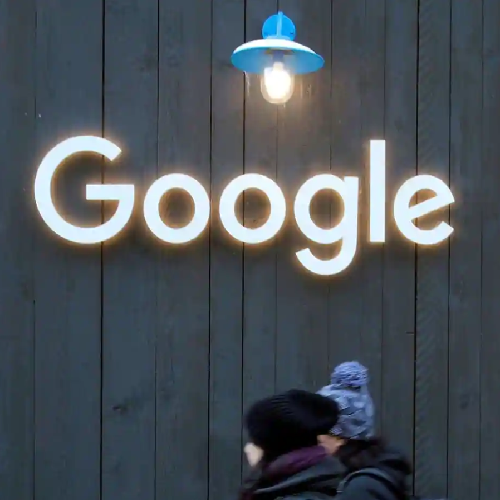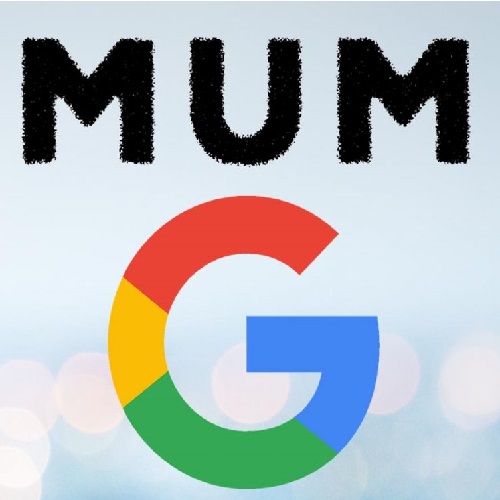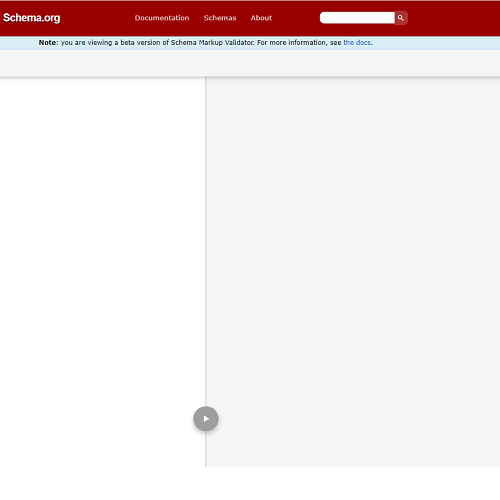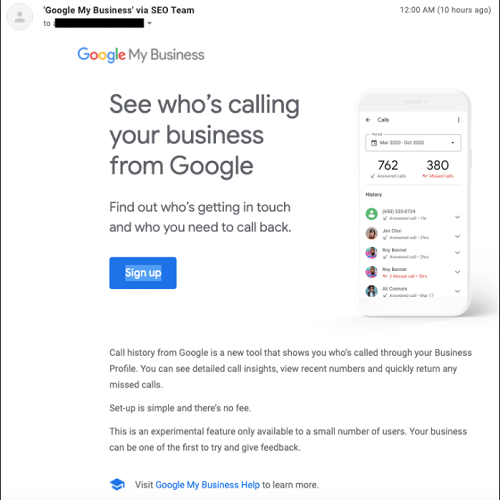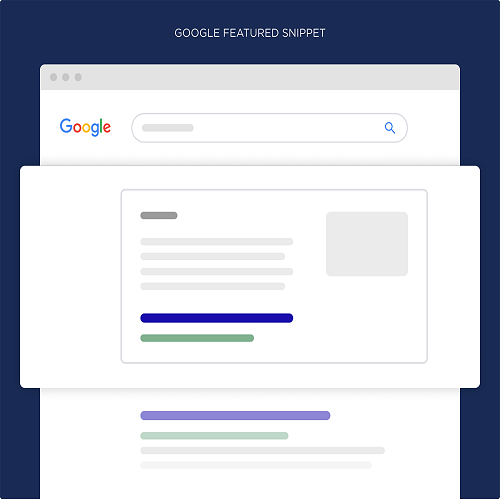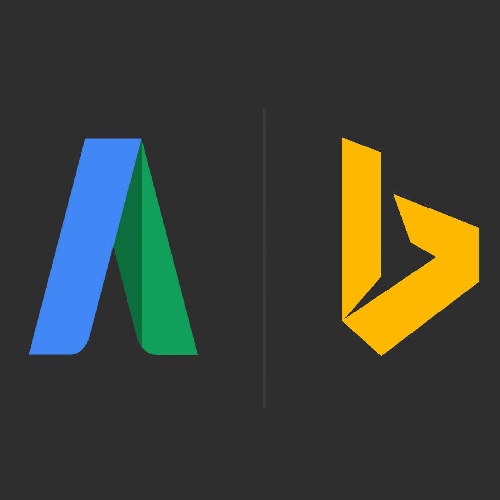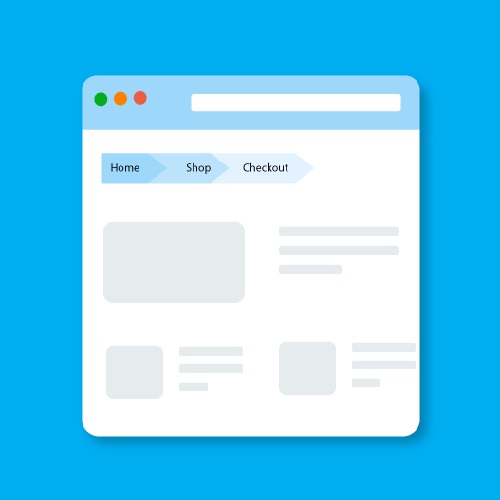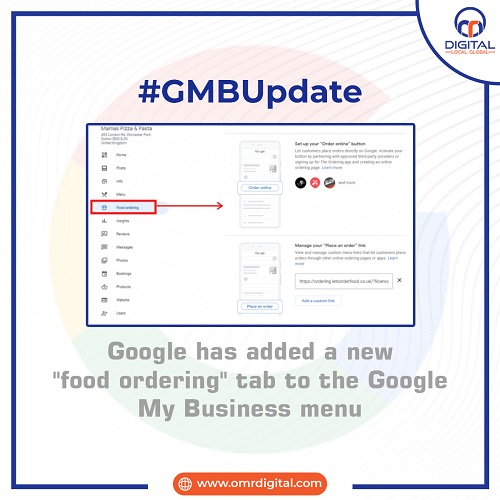Contact Us
Related Posts
Category

Google has recently updated its site reputation abuse policy with a comprehensive frequently asked questions (FAQs) section. The addition of this new section is part of Google’s broader initiative to maintain search quality and combat spam tactics.
On November 19, 2024, Google posted about launching a spam policy to combat site reputation abuse. After a few days on December 6, 2024, Google added an FAQ section answering some important questions about third-party content, freelance content, moving content, no indexing content, and much more.
Google’s Site Reputation Abuse Policy Explained
Chris Nelson, a Google Search Quality team member, explained the purpose of this new policy. This policy is meant to control the exploitation of established sites’ ranking signals by third-party content publishers.
The policy documentation mentions that “using third-party content on a site in an attempt to exploit the site’s ranking signals is a violation of this policy– regardless of whether there is first-party involvement or oversight of the content.”
Also, the policy defines site reputation abuse as a tactic of publishing third-party pages on a site in an attempt to abuse search rankings by taking advantage of the host site’s ranking signals.
The New FAQs Section
Here are some of the key FAQs from the newly added section in the site reputation abuse policy –
What is third-party content?
Any content created by a separate entity other than the host site is considered third-party content. Separate entities include freelancers, users of the site, white-label services, and people not employed by the host site. Other examples of separate entities are listed in the site reputation policy.
Does freelance content violate the site reputation abuse policy?
Although freelancers are considered separate entities in the site reputation abuse policy, freelance content alone is NOT a violation of the policy. It will be considered a violation only if it is also an attempt to take advantage of the host site’s ranking signals and abuse search rankings.
Does affiliate content violate the site reputation abuse policy?
No, affiliate content is not considered a violation of the site reputation abuse policy. The official documentation of the policy mentions that affiliate links that are marked appropriately are not considered site reputation abuse.
If I no-index the content, does that mean the manual action automatically gets removed?
No, but you still have to explain that the content has been no-indexed and reply to the manual action in the search console. We recommend doing this rather than leaving the manual action against your site.
If I move the policy-violating content, can I link from the old site to the new site?
You have to use the nofollow attribute for the links on the old site if you link from the old site to the new site.

Google has recently updated its site reputation abuse policy with a comprehensive frequently asked questions (FAQs) section. The addition of this new section is part of Google’s broader initiative to maintain search quality and combat spam tactics.
On November 19, 2024, Google posted about launching a spam policy to combat site reputation abuse. After a few days on December 6, 2024, Google added an FAQ section answering some important questions about third-party content, freelance content, moving content, no indexing content, and much more.
Google’s Site Reputation Abuse Policy Explained
Chris Nelson, a Google Search Quality team member, explained the purpose of this new policy. This policy is meant to control the exploitation of established sites’ ranking signals by third-party content publishers.
The policy documentation mentions that “using third-party content on a site in an attempt to exploit the site’s ranking signals is a violation of this policy– regardless of whether there is first-party involvement or oversight of the content.”
Also, the policy defines site reputation abuse as a tactic of publishing third-party pages on a site in an attempt to abuse search rankings by taking advantage of the host site’s ranking signals.
The New FAQs Section
Here are some of the key FAQs from the newly added section in the site reputation abuse policy –
What is third-party content?
Any content created by a separate entity other than the host site is considered third-party content. Separate entities include freelancers, users of the site, white-label services, and people not employed by the host site. Other examples of separate entities are listed in the site reputation policy.
Does freelance content violate the site reputation abuse policy?
Although freelancers are considered separate entities in the site reputation abuse policy, freelance content alone is NOT a violation of the policy. It will be considered a violation only if it is also an attempt to take advantage of the host site’s ranking signals and abuse search rankings.
Does affiliate content violate the site reputation abuse policy?
No, affiliate content is not considered a violation of the site reputation abuse policy. The official documentation of the policy mentions that affiliate links that are marked appropriately are not considered site reputation abuse.
If I no-index the content, does that mean the manual action automatically gets removed?
No, but you still have to explain that the content has been no-indexed and reply to the manual action in the search console. We recommend doing this rather than leaving the manual action against your site.
If I move the policy-violating content, can I link from the old site to the new site?
You have to use the nofollow attribute for the links on the old site if you link from the old site to the new site.




























